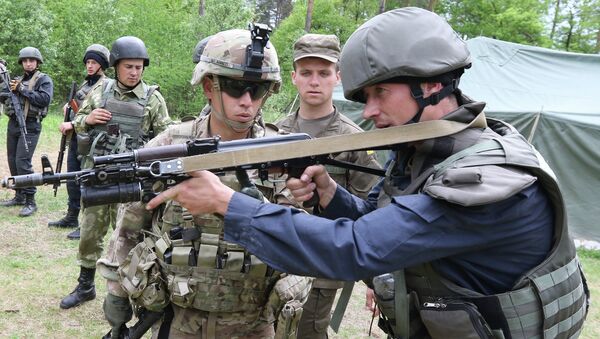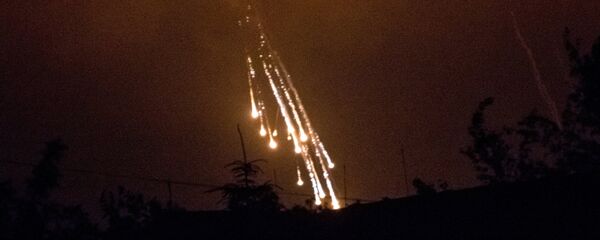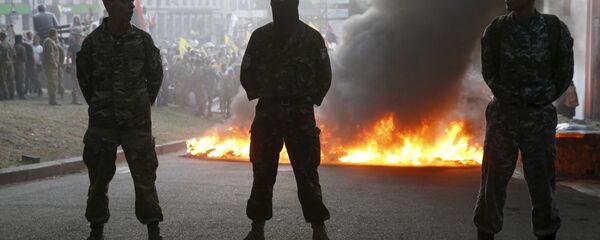"One of the things that strikes me, though this is a generational remembrance, is how we got into Vietnam," the professor emphasized, drawing a historic parallel between the US' current activity in Ukraine and the beginning of the Vietnam War.
"We began with some trainers and some intelligence folks and some people just to aid our side in the South. Then we found proxies in the South and we armed them. And the next thing, you know, were six hundred thousand American troops fighting and dying in Vietnam in a war that we could never win," Professor Cohen stressed.
Now the Pentagon is sending more American troops to provide military training to the Ukrainian National Guard and regular armed forces, prompting further escalation of the conflict in the region and aggravating tensions with Russia. However, without substantial military support from Washington, Kiev cannot take over Donbass.
Simultaneously, there is another idea emerging in Kiev and in Washington. It has been floating around for about three or four months and is being discussed in a "hush-hush" way behind closed doors, the professor noted.
"[They say] wouldn't it be better for Ukraine if we [US neocons and Kiev government] want — that is a Ukraine in NATO or allied with NATO — just to get rid of Donbass. It's Russian, it's ethnically Russian, it's married biologically to Russia, it [has] always [been] dependent in its economy on Russia," Professor Cohen noted.
Simultaneously, Washington continues to provoke Russia by increasing its "colonial" presence in the historically Russian city of Odessa, the scholar emphasized. By appointing former Georgian president Mikheil Saakashvili as the Governor of Odessa region, the US and its puppet Ukrainian government has sent a clear signal to Russia. Saakashvili is known for his 2008 military aggression against South Ossetia and Abkhazia and it is not a coincidence that John McCain's protégé assumed the high post in the Ukrainian city of Odessa, the scholar hinted.
The more military trainers Washington sends to Ukraine, the more risk factors related to a possible dangerous confrontation with Moscow emerge, the professor warned.
"If this trend continues and American involvement grows, something really bad is going to happen," Stephen F. Cohen noted.



